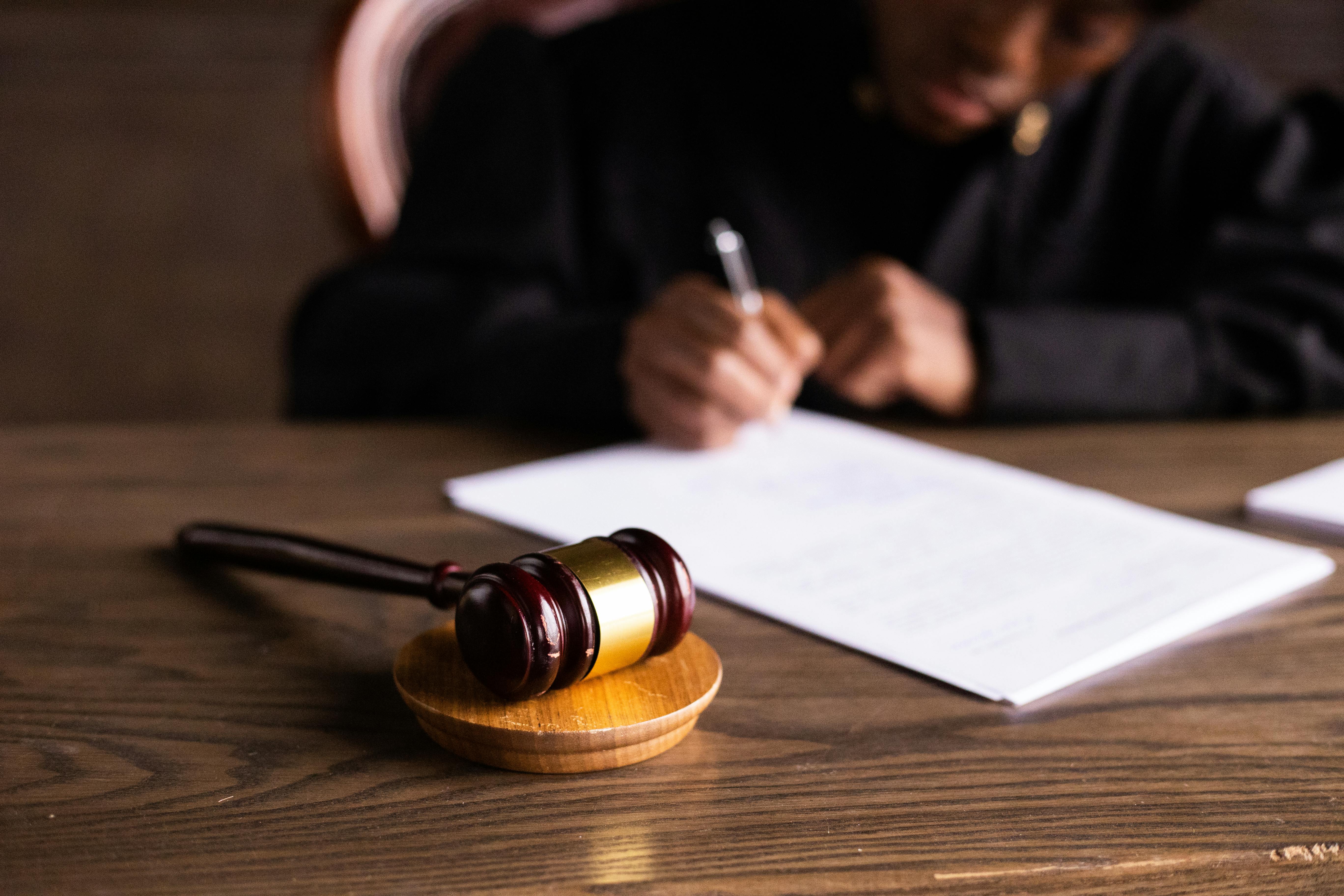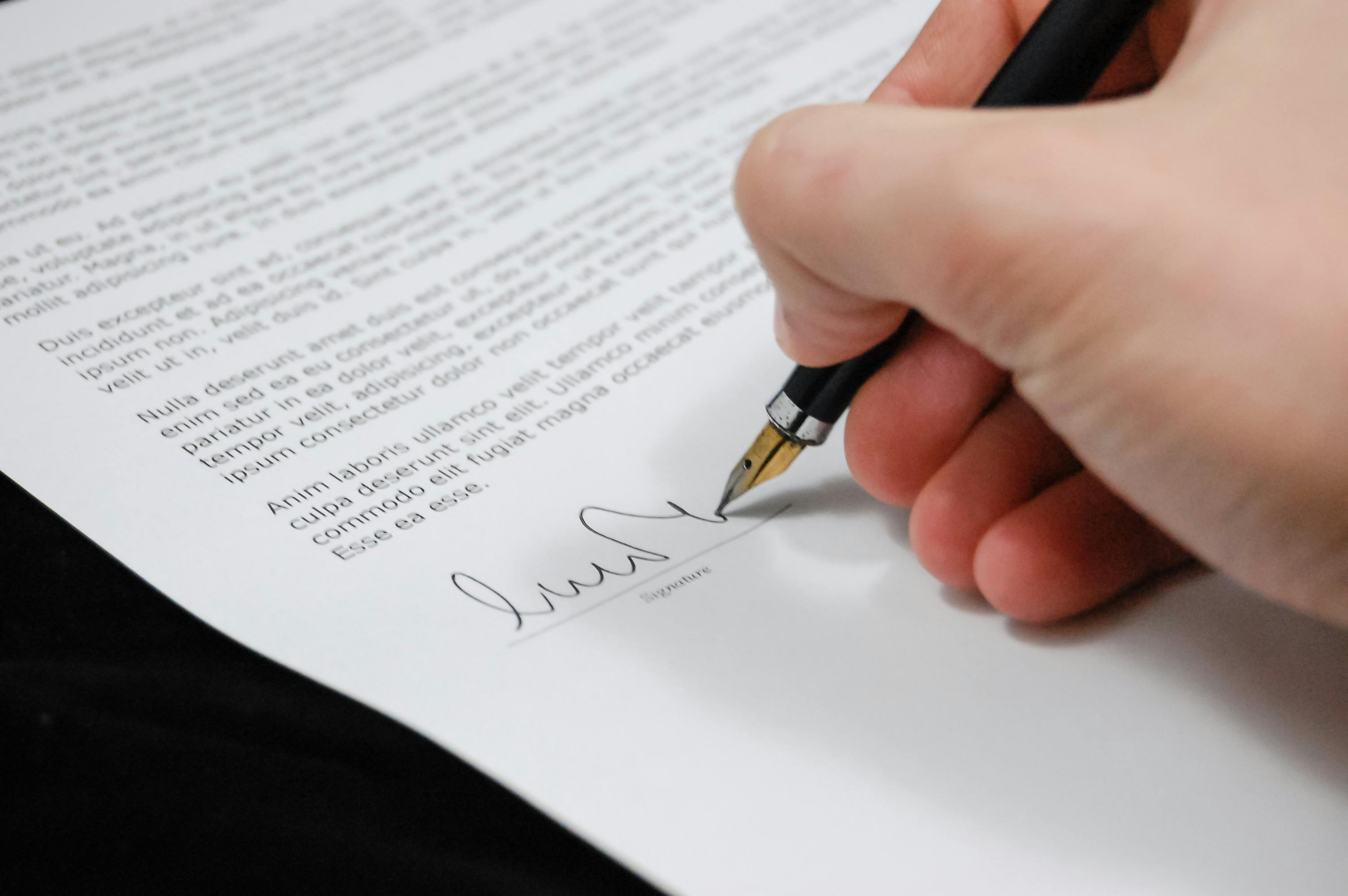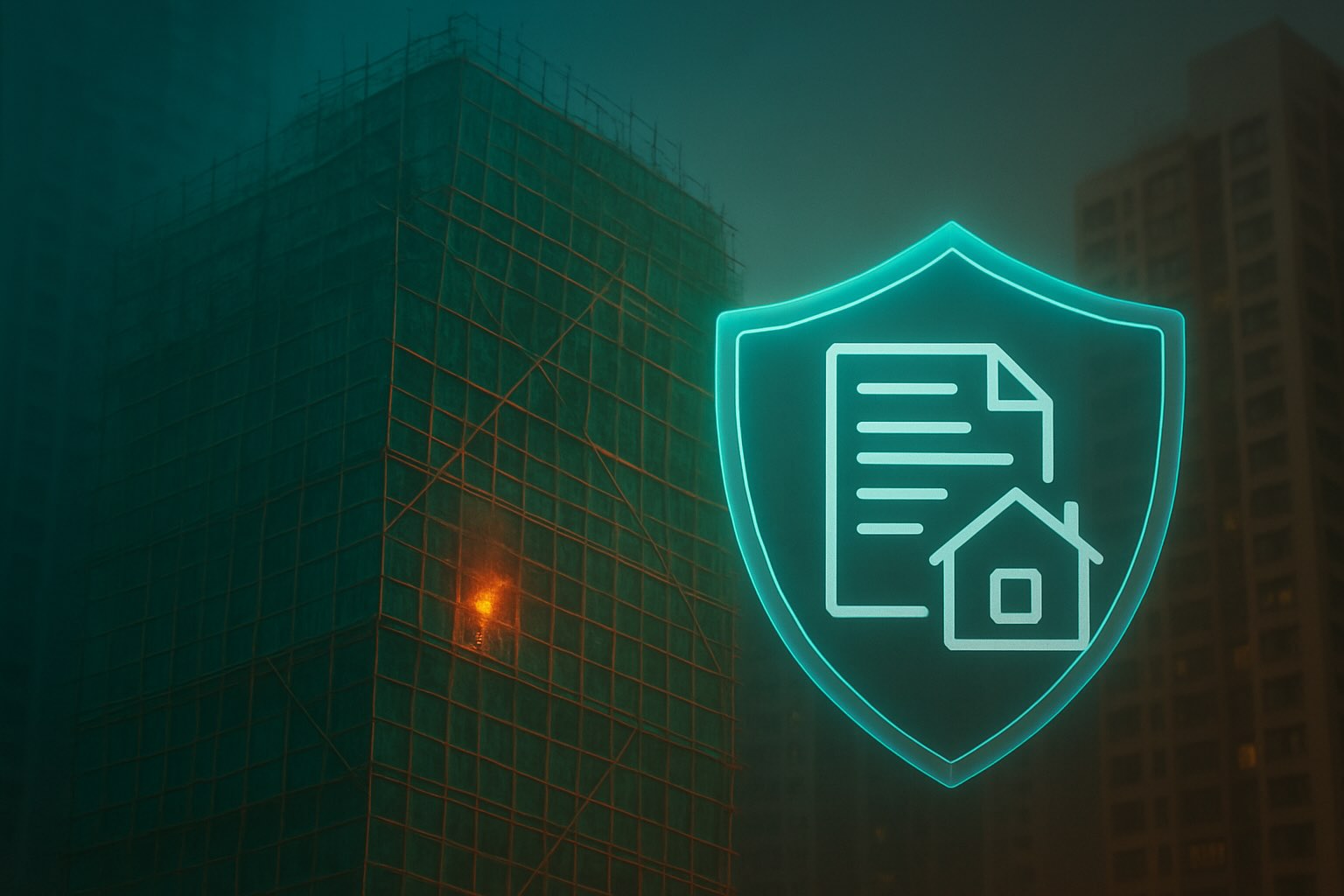Civil Claims / Small Claims Tribunal
- FAQs
1. Determine the Debtor’s Financial Position
Before enforcement, it is wise to find out whether the debtor has assets or income to satisfy the judgment.
You can apply for:
- Order 48 Examination — to question a corporate officer about company assets.
- Order 49B Examination — to question an individual debtor, with the possibility of arrest to secure attendance. The court may order production of bank statements, contracts, property documents.
2. Enforcement Options
Depending on the debtor’s assets, you may choose one or more of the following:
1. General Position in the Small Claims Tribunal (SCT)
If the defendant fails to attend the scheduled hearing without a valid reason, the tribunal can proceed in their absence.
The claimant may be able to obtain judgment in default of appearance, but the tribunal will still require proof of the claim — it is not automatic.
2. Tribunal’s Approach
- The presiding officer will check if the defendant was properly served with the claim and hearing notice.
- If service was valid and there is no explanation for absence, the tribunal may:
- Proceed with the hearing based on the claimant’s evidence; or
- Enter judgment in default if the evidence supports the claim.
- If the claim is not proven, even without the defendant present, the tribunal can dismiss the case.
3. Similar Approach in Higher Courts
In higher courts (e.g., District Court or High Court), cases such as Asiam Holdings Ltd v. Shih Kai Lok & Anor [3 HKC 140; HKCFI 375] show that:
- The court will consider the pleaded case and evidence before granting judgment in absence.
- If the defendant is clearly uninterested in defending, the court may issue an “unless order” requiring confirmation of attendance — failure to comply can lead to the defence being struck out.
4. Possible Consequences for Defendant
Judgment entered against them (including an order to pay money).
Costs order made in favour of the claimant.
Enforcement action can follow (e.g., bailiff seizure, garnishee order, charging order).
5. Defendant’s Options After Judgment
If the defendant later wishes to challenge the judgment:
- They may apply to set aside the judgment, but must show a good reason for absence and a real prospect of success in defending (see City University of Hong Kong v. Hans Richard Ma [2019] HKCFI 1250).
- Delay in making such an application will weaken their case.
1. General Rule
You do not need a lawyer in the Small Claims Tribunal (SCT). In fact, lawyers are not allowed to represent parties in SCT hearings.
The SCT is designed to be informal, quick, and inexpensive, so parties must present their own case.
2. Representation Rules
No legal representation permitted — you must speak for yourself.
You may bring a “McKenzie friend” (someone who can quietly advise and assist you during the hearing), but they cannot address the tribunal on your behalf.
You can bring witnesses and supporting documents.
3. Practical Implications
You will need to prepare your own claim form, evidence, and arguments.
The presiding officer may guide the process but will not give legal advice.
If your case is complex, you can seek legal advice before filing, but the lawyer cannot attend the hearing as your representative.
4. Exception
If the case is transferred to another court (e.g., District Court), legal representation becomes permitted and may be advisable.
There are certain things you can do to start a claim in the Small Claims Tribunal:
Ascertain personal information of the defendant:
Ascertain the defendant’s full name and last known address before you start a claim and file a form. For example, if the defendant is a company, you should conduct a company search to obtain the latest information.
File a Form 1 and a Form 2:
Form 1 is the Title to Claim: It is a General Form in which you should fill in details of yourself (the claimant) and details of the defendant.
Form 2 is the Form of Claim, in which you should fill in the amount and the grounds of your claim.
When you file a claim, you are required to pay a prescribed filing fee.
According to the Small Claims Tribunal (Fees) Rules (Cap. 338B), the filing fee for a claim that:
- does not exceed HK$5,000= HK$20
- exceeds HK$5,000 but does not exceed HK$25,000 = HK$40
- exceeds HK$25,000 but does not exceed HK$50,000 = HK$70
- exceeds HK$50,000 but does not exceed HK$75,000 = HK$120.
Upon filing the claim and paying the required fee, you will receive Form 3 (Notice of Place and Day fixed for Hearing) where details of the court hearing will be provided.
No. You cannot subdivide a claim to fall within the limit, but you may abandon the excess amount to proceed in the Tribunal.
If your total claim exceeds HK$75,000, you have two lawful options:
Example
If you are owed HK$100,000 for one debt:
- Not allowed: File two separate SCT claims for HK$50,000 each.
- Allowed: Abandon HK$25,000 and claim HK$75,000 in SCT.
The Small Claims Tribunal handles civil claims not exceeding HK$75,000. It offers a quick, informal, and inexpensive process without legal representation.
Common cases include:
- recovery of debts,
- service charges,
- property damage,
- goods sold, and
- consumer claims.
It cannot hear claims relating to:
- Wages
- land possession
- Alimony
- loans from money lenders
- libel, or slander.
If a defendant fails to file an acknowledgement of service or fails to file a defence within the prescribed time, the plaintiff may apply for judgment in default.
The time limit to file a defence is normally 14 days after service of the writ (or amended statement of claim), unless extended by agreement or court order.
The court must be satisfied that the writ or summons was properly served.
Once default judgment is entered, the defendant may apply to set aside the judgment, but must meet strict criteria.
Do I need a lawyer?
Whether you need a lawyer depends on the type of court and the complexity of your case:
- Small Claims Tribunal – No legal representation is allowed. You must present your own case.
- Labour Tribunal – No legal representation is allowed.
- District Court / Court of First Instance (High Court) – You may act in person, but engaging a lawyer is strongly recommended for complex matters, high-value claims, or where the other side has legal representation.
Advantages of having a lawyer:
- Correctly identify legal issues and applicable law
- Draft precise pleadings and documents
- Comply with procedural rules and deadlines
- Present evidence effectively and cross-examine witnesses
- Assess risks and settlement options
Yes. In Hong Kong, the time limits for starting civil claims are mainly set out in the Limitation Ordinance (Cap. 347) and certain other specific ordinances. If you start a claim after the limitation period has expired, the court will normally not allow it.
Common limitation periods:
The choice of court in Hong Kong depends mainly on the amount you are claiming and the nature of the dispute:
- Small Claims Tribunal – For straightforward monetary claims not exceeding HK$75,000. No legal representation is allowed. Suitable for debt recovery, property damage, consumer disputes.
- Labour Tribunal – For employment-related monetary disputes (e.g. unpaid wages, bonuses, wrongful dismissal). No upper limit on claim amount. No legal representation is allowed.
- District Court – For claims over HK$75,000 but not more than HK$3,000,000, or certain types of cases such as employees’ compensation, discrimination claims, and matrimonial cases.
- Court of First Instance (High Court) – For claims exceeding HK$3,000,000 or complex matters (e.g. intellectual property, judicial review, admiralty, company winding-up). Unlimited jurisdiction.
If your claim exceeds the monetary limit of a lower court, you must start in the court with the appropriate jurisdiction, unless you abandon the excess amount to fit within a lower court’s limit.
A civil claim is a legal action brought by an individual, company, or organisation against another party to resolve a dispute concerning their legal rights and obligations.
It is not a criminal prosecution — instead, the aim is to obtain remedies such as:
- Monetary compensation (damages)
- Recovery of property or land
- Enforcement of contractual obligations
- Injunctions (orders to stop or compel certain actions)
- Declarations of legal rights
Civil claims can cover matters such as breach of contract, negligence, property disputes, tenancy issues, debt recovery, and intellectual property infringement.
The plaintiff (or claimant) must prove their case on the balance of probabilities, meaning it is more likely than not that their version of events is true.

















